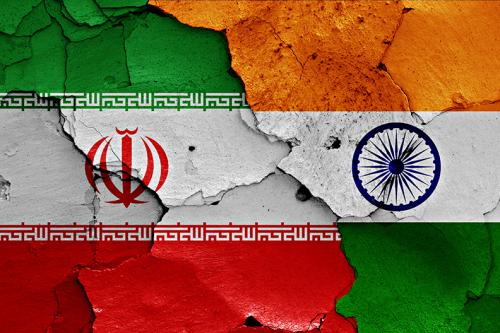North Korea has threatened to close a liaison office with the South as officials seethe over anti-Pyongyang leaflets sent across the border, saying further steps were also in the pipeline to make Seoul “suffer”.
https://twitter.com/realNewmanRandy/status/1269183879568449537
The warning is the second in two days of possible retaliation over Seoul’s failure to stop North Korean defectors dropping information from hot-air balloons criticising the regime’s human rights record and nuclear ambitions.
Korea Military Deal will finish before North Korea will end South liaison office
In an alarming development which may threaten the safety of the Korean Peninsula, North Korea threatened Thursday to scrap a military agreement with the South and close down a cross-border liaison office unless Seoul stops activists from flying anti-Pyongyang leaflets over the border. This decision will have ramifications for the entire region and the world in general as well, brining on fears for another session of heightened pan-Korean tension amid the possible withdrawal of North Korea from the Korea military deal.
Read more: Korea military deal in danger as North Korea threatens withdrawal
The statement issued by the powerful younger sister of North Korean leader Kim Jong Un, Kim Yo Jong, comes amid a deep freeze in inter-Korean ties, despite three summits between Kim and the South’s President Moon Jae-in in 2018.
“As the first thing, we will definitely withdraw the idling North-South joint liaison office,” a spokesman for the North’s United Front Department, which handles inter-Korean relations, said in a statement Friday carried by the Korean Central News Agency.
The closure of the office could be followed by “various measures” to punish Seoul, the spokesman added.
“We are about to start work that can hurt the South side soon to make it suffer,” he said.
North Korea will end South liaison office: South unable to stop leaflets
South Korean officials have said they will push for a law banning the leaflet activities, but the move has triggered debate over potential infringements on freedom of expression.
Read more: Time running out for US-North Korea deal: South’s Moon
An official with the South’s presidential office has said the leaflet campaign does “more harm than good”.
South Korean government plans to stop people sending balloons with anti-North Korean messages across border https://t.co/0wCa4jz9nv
— BBC News (World) (@BBCWorld) June 4, 2020
Operations at the liaison office have already been suspended because of the coronavirus pandemic.
Inter-Korea relations: a recent account of the rocky relationship
North Korea continues to maintain a belligerent posture toward the South.
A breakthrough came in the form of the 2018 Winter Olympics in P’yŏngch’ang (Pyeongchang), South Korea, which offered a surprising avenue for dialogue.
Athletes from both Koreas marched into the opening ceremonies together under a flag that depicted a silhouette of the Korean peninsula on a field of white. Kim’s sister, Kim Yo-Jong, attended the games, thus becoming the first official representative of North Korea’s ruling family to set foot in the South since the end of the Korean War. Kim Yo-Jong met with South Korean Pres. Moon Jae-In on February 10, 2018, and delivered a handwritten note from her brother that invited Moon to visit him in P’yŏngyang “at the earliest date possible.”
In March members of Moon’s administration traveled to P’yŏngyang to meet with Kim Jong-Un for a working dinner. That event paved the way for a historic meeting between Kim and Moon at the “truce village” of P’anmunjŏm on April 27, 2018. It marked the first time in more than a decade that the leaders of the two Koreas had engaged in direct talks, and the pair discussed the denuclearization of the Korean peninsula and the conclusion of an armistice that would officially end the Korean War.
Talks continued in February 2019, with a summit in Hanoi, Vietnam, that yielded little concrete progress. North Korean negotiators had requested the removal of some or all U.S. economic sanctions (the two sides offered differing accounts of the details) as a prerequisite to additional steps in the denuclearization process, and formal discussions collapsed shortly after they began. Nevertheless, the event was a success for Kim: once again he appeared side-by-side with Trump, an image that held enormous propaganda value for North Korea.
Kim also fielded what were believed to have been his first-ever questions from foreign journalists, a novel step for the historically secretive P’yŏngyang regime. The breakdown of the Hanoi talks did not signal an end to the detente, however.On June 30, 2019, Trump met Kim in P’anmunjŏm, in the demilitarized zone between North and South Korea. During that encounter Trump briefly stepped across a concrete marker indicating the border between the two countries and became the first sitting U.S. president to set foot in North Korea.
AFP with additional input by GVS News Desk














